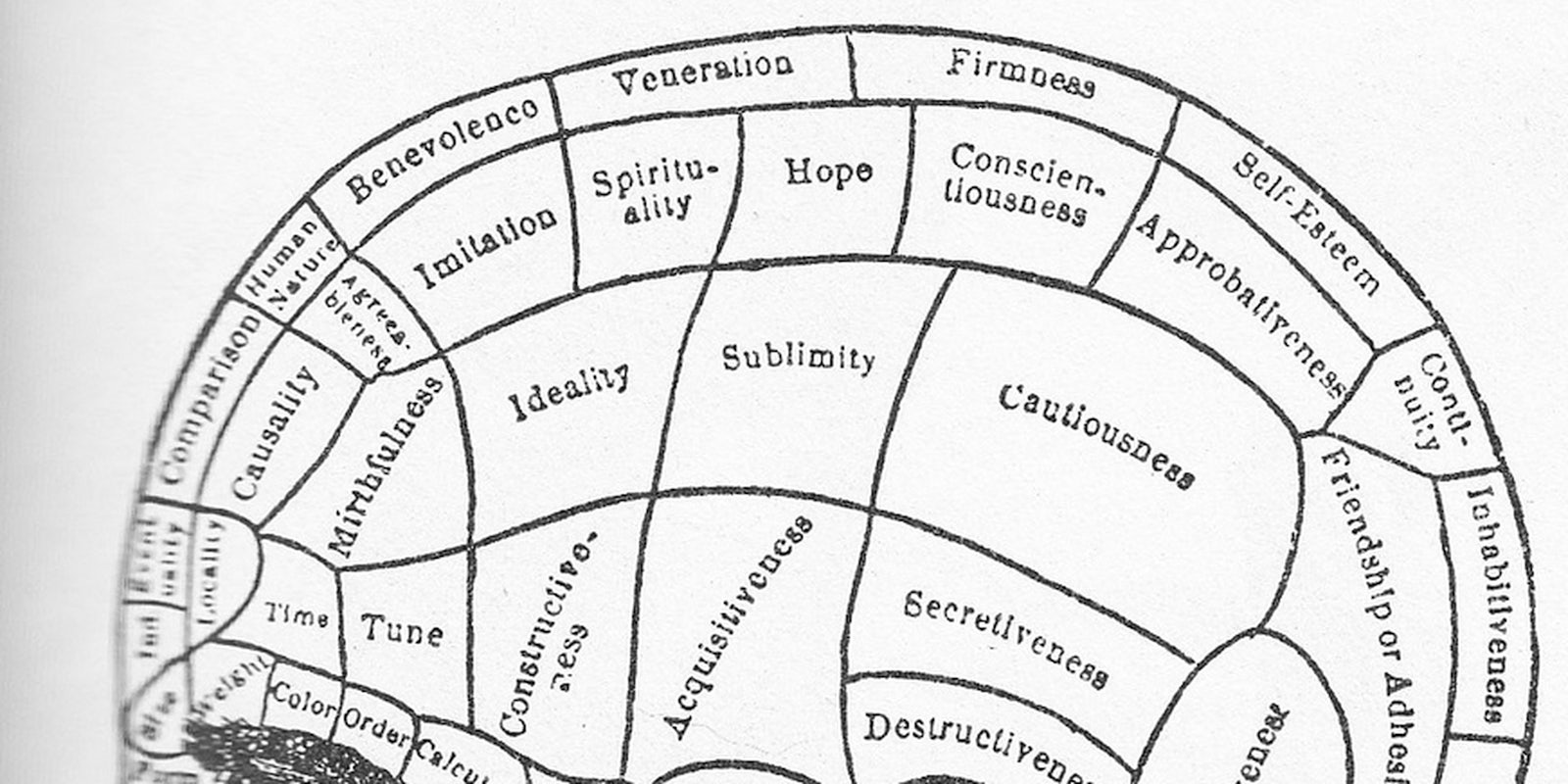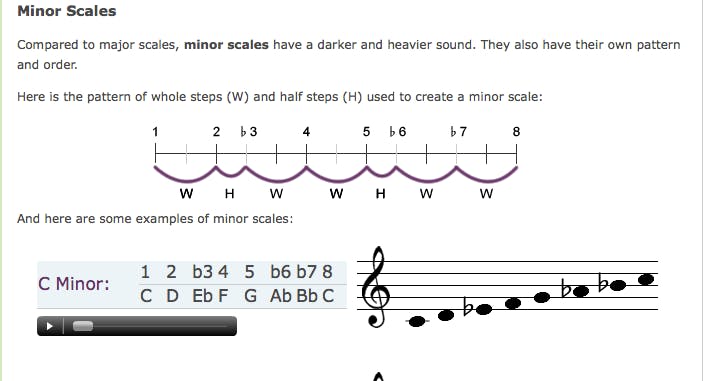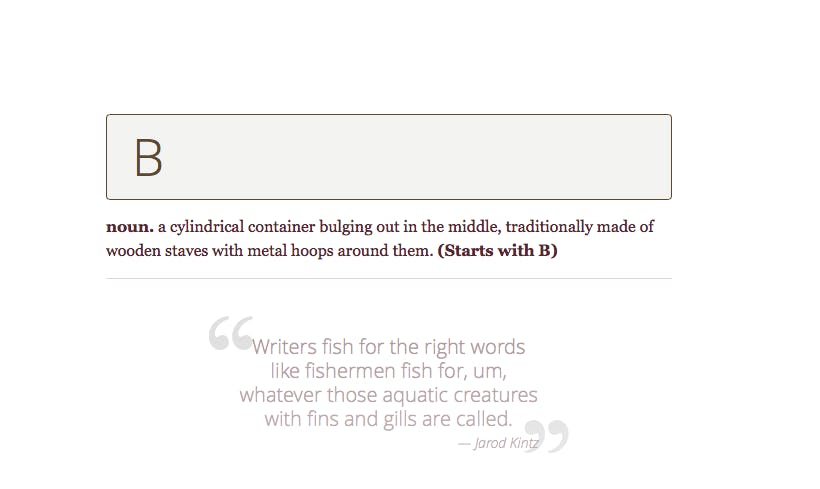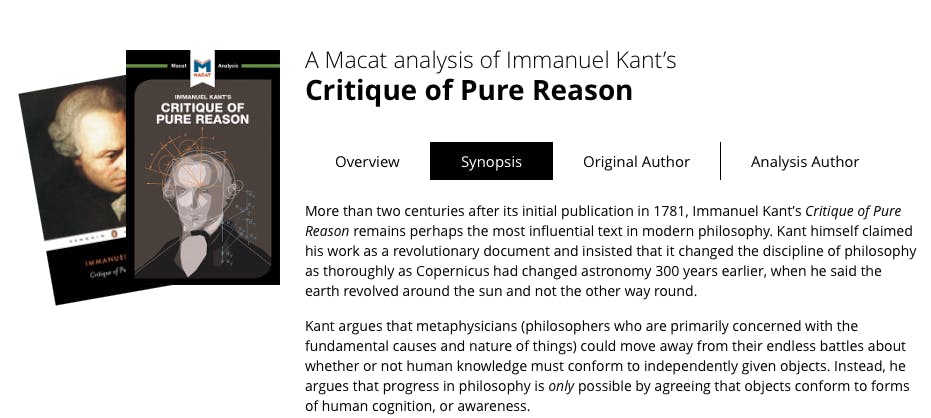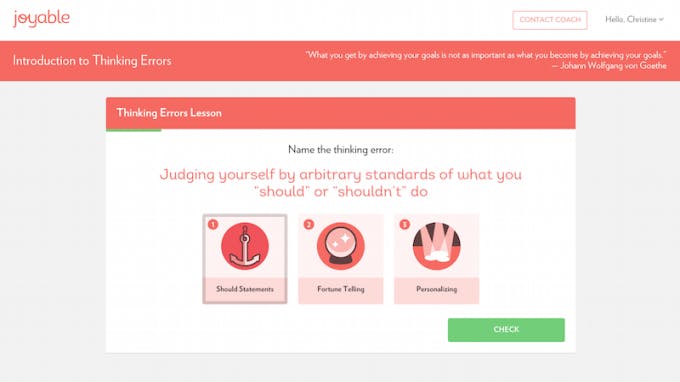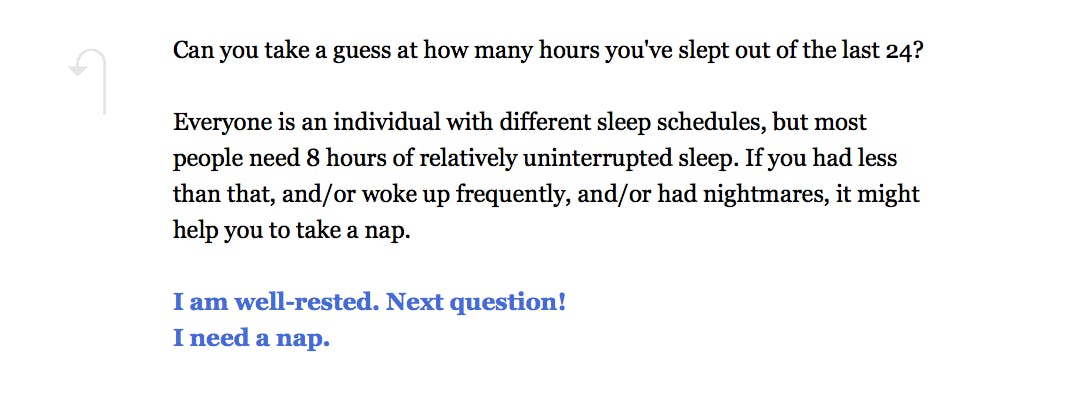We all have strengths and weaknesses that we’ve come to accept. Maybe you’re a whiz at math and computer programming but couldn’t recount Plato’s The Republic to save your life. Or maybe you’re an incredible athlete but draw like a kindergartener.
By the time you’ve left school and entered the workforce, you’re likely in a career that doesn’t require the kinds of aptitude you once (or possibly never) had. But fewer opportunities to challenge and grow can lead to mental stagnation, which is why it’s important to challenge yourself.
Luckily, it’s not to0 late to improve on any of your perceived weaknesses. The sheer number of MOOCs, brain games, and websites devoted to teaching new skills means in the comfort of your own home.
Here are a number of online tools—a mix of games, apps, videos, and websites—each hand-picked to improve a different kind of psychologist Howard Gardner‘s nine types of intelligence. (To get a good idea of where your strengths lie, take a test based on Gardner’s theory here.)
1) Natural Intelligence
People with naturalistic intelligence tend to love the great outdoors, have a sharp memory for details, and notice things in their environment that other people may miss. Naturalistic intelligence is what many think helped keep our hunter-gatherer ancestors from starving to death. If you’re a city slicker who would be befuddled at starting a campfire or identifying a non-poisionous mushroom, don’t necessarily rule yourself a natural ignoramus.
For an introduction to the great outdoors that won’t require you to leave your apartment, try out Coursera’s life sciences offerings.
- What a Plant Knows (and other things you didn’t know about plants), Tel Aviv University
- Dog Emotion and Cognition, Duke University
- Animal Behaviour and Welfare, University of Edinburgh
Another way to improve your naturalistic intelligence is to watch this incredibly kitschy yet still relevant 1955 U.S. Navy training video on how to survive outdoors. The surprisingly comprehensive 15-minute video covers essentials of survival Castaway style, such as how to prepare a large animal for cooking. Apparently, you have to drain its blood first. Who knew?
https://www.youtube.com/watch?v=KzplUDaBMuw
2) Musical
If you ever wish you had a musician’s ear, try the ear training games and tutorials at Theta Music Trainer. The site provides ear-training games in four different categories; melody, harmony, rhythm, and sound. There are games like Channel Scramble, which will help you identify the sounds of musical instruments, and Speaker Chord, which focuses on identifying common chord patterns.
While a monthly subscription will set you back $7.99, several of the games on Theta Music Trainer are available to play for free. For a free, no-frills version of an ear-trainer, try Good Ear.
Theta Music Trainer has a full website with all the games and the tutorials, but is also available as an app for iOS and Google Play.
3) Logical-Mathematical
If you’ve never been skilled at math, it’s a safe bet to say the entire subject turns you off.
For the truly math adverse, the game app Device 6 is the equivalent of sneaking vegetables in your chicken nuggets. Developed by Swedish game developer Simogo, Device 6 is a text-based thriller adventure game that works your quantitative and qualitative skills in equal measure. Puzzles are integrated into the narrative of a mystery novel. The game’s protagonist, Anna, wakes up in a strange castle with no idea of how she got there. In order to break free, the game throws at you an entire series of puzzles and cryptic clues.
While Device 6 won’t have you acing the quantitative reasoning portion of the GRE any time soon, consider it a gateway drug to more games that will tap into that neglected left-side of your brain. Both the beauty and benefit of the game is that you feel like you’re reading a novel, but you’re also exercising your logical thinking skills.
When you’re done with Device 6 and think you won’t be scared away by a game involving actual numbers, move on to SPL-T. By the same makers of the Device 6, SPL-T is a minimalist game app that is designed to never end. Every time you play it, you get a little bit better and a little bit more sucked in.
Both SPL-T and Device 6 are available for download on iOS.
4) Visual and Spatial
Learning to see the world in shapes and lines can be challenging if you were never artistically inclined. But luckily for us whose grade-school drawings never made the refrigerator door, this gem of a 37-minute video is the closest thing to art school we’ll ever have. “How to See Like an Artist”, by famed arts educator and designer Inge Druckrey, will move you one step closer to having a designer’s eye.
5) Bodily Kinesthetic
Signs of lacking bodily kinesthetic intelligence tend to show up early in life. Maybe you were always picked last for dodgeball in P.E. Or maybe at prom you spent more time at the punch bowl then actually on the dance floor. But if coordination wasn’t your strong suit as an adolescent, simple excercises can improve it in adulthood.
For starters, try taking a look at how athletes and choreographers improve their control of their body. This series of exercises by former Jacksonville Jaguars defensive back Donovin Darius on how to get quick feet is a good place to start. Even if you’re not a football player, these exercises will train your nervous system to work in sync with your brain.
For those who’d rather focus on improving their skills on the dance floor, one tried-and-true method is to watch dancers and choreographers. We all remember Karen Cheng, whose YouTube timelapse video documenting how she learned to dance in a year went viral back in 2013. Cheng recommended tapping into YouTube’s seemingly infinite resource of dance videos and tutorials as a way of upping your own choreography game.
For another resource for dance videos, check out the dance video of the day on That Steezy, an online dance community.
6) Verbal/Linguistic
When you’re done with school and long-done with tests like the GRE and SAT, opportunities to improve your vocabulary and verbal recall abilities can be scarce. With Knoword, a highly addictive and free game designed to build your vocabulary, that’s no longer the case.
The game gives you a letter, the definition of the word it is referring to, and one minute to figure out the answer. Not only does your vocabulary increase the more you play Knoword, but your spelling and speed of verbal recall improves as well.
7) Existentialist
If you have trouble pondering the bigger questions of life and find reading the complete works of great philosophers to be too inaccessible or time-consuming, try Macat for three- and five-minute primers of everyone from Kant to Sun Tzu. Think of Macat as a more grown-up version of Sparknotes for the YouTube set.
A premium membership to Macat, which includes full analyses and access to highlights and notes, will set you back $10 a month. But a basic membership to Macat is free, and it includes access to unlimited videos.
8) Interpersonal
Finding ways to connect with others can be difficult if you’ve never been particularly gifted in that department. But sometimes bouts of social anxiety can occur even for people who have never had trouble making friends or forming relationships. For those who want to improve their interpersonal skills, the online service Joyable offers a mix of cognitive behavioral therapy tailor-made for social anxiety.
The service isn’t cheap. A month of Joyable is priced at $99, and the service says the typical program length is three months. But for those whose insurance, pocketbooks, or schedules won’t allow for therapy, Joyable is a valuable alternative.
9) Intrapersonal
The ancient Greek aphorism “Know thyself” can be easy to forget for most busy people. If you’re struggling to remember the last time you allowed yourself time for some serious introspection, that may be a reason you’re miserable.
For the chronically “self-careless,” You Feel Like Shit: An Interactive Self-Care Guide is one of the nicest places on the Internet. Whether it’s dehydration or a rough conversation with your boyfriend or boss, the guide will nail down the exact reason why you’re feeling less than great. Designed more like a game, the guide makes you go through a series of questions that cover everything in your physical and emotional state. For many, a visit to “You Feel like Shit” is a rare respite in the frenetic, anxiety-inducing jungle of the Internet. The site serves as a long overdue reminder that if you neglect your physical, emotional, and spiritual well-being, it’s might hard to accomplish anything in life or love.
Photo via Lovelorn Poets/Flickr (CC BY 2.0)

